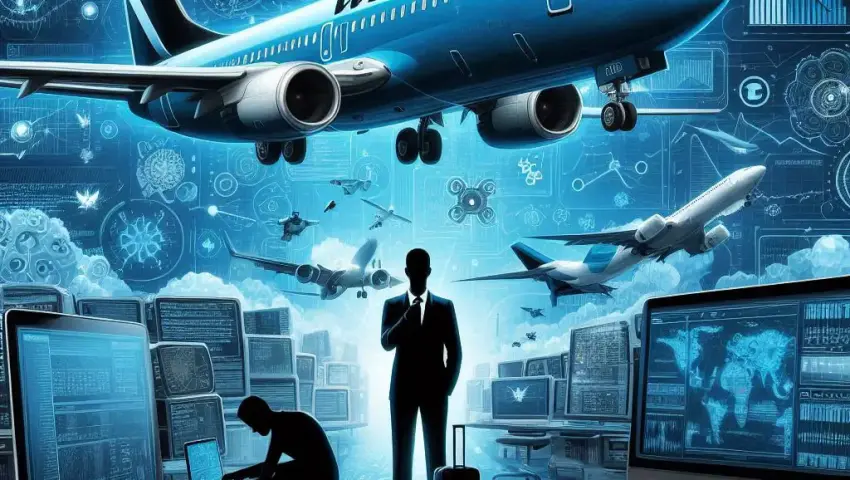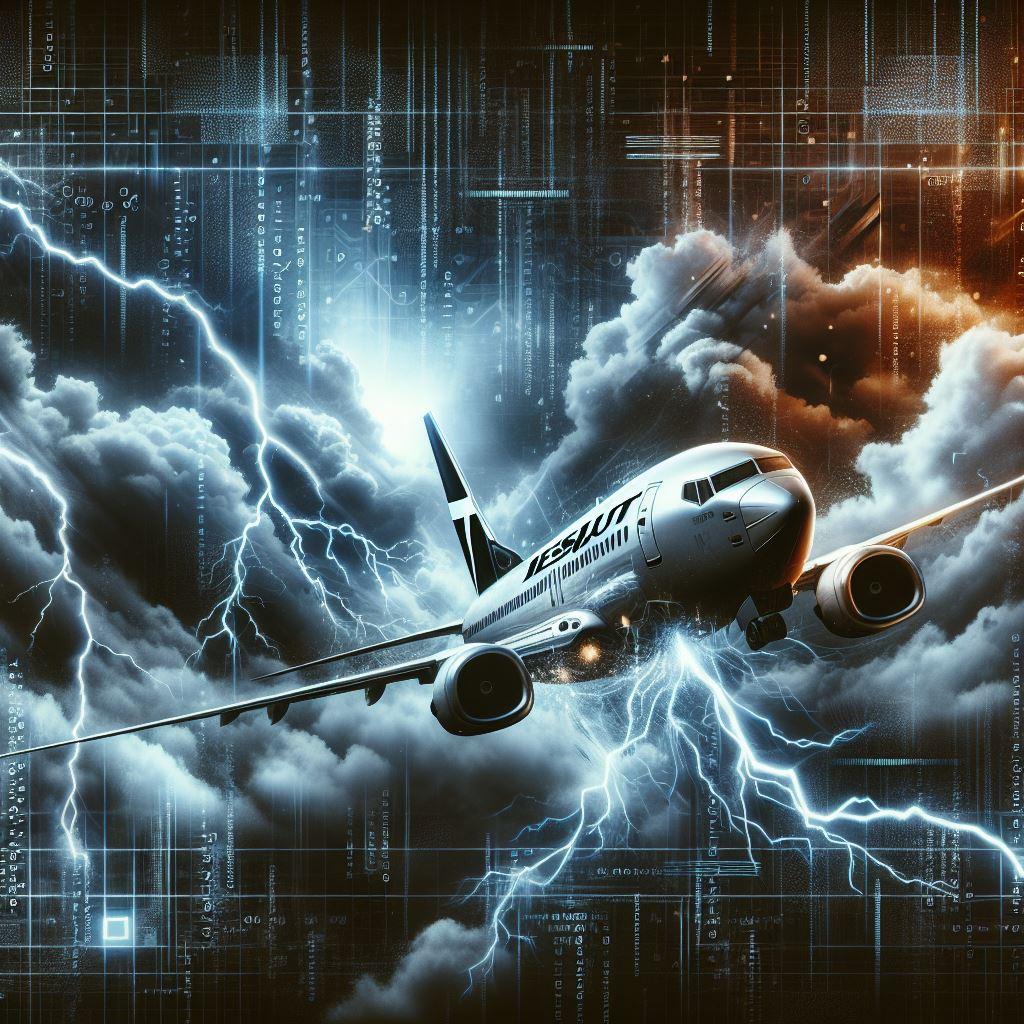
Grounded by the Grid: The Cyberstorm That Struck WestJet
At 2:13 a.m. on June 13, 2025, a silent invasion unfolded—not in the air, but in the shadows of cyberspace. WestJet Airlines, the pride of Canada’s skies, suddenly found its digital heart under siege. With no warning, systems began to stutter. Customer logins failed. Internal dashboards went dark. The app froze. A storm had arrived, but this one wasn’t forecasted.

For those unfamiliar, WestJet was founded in 1994 by a group of aviation entrepreneurs inspired by the low-cost model of Southwest Airlines. It launched its first flight in 1996 with just three aircraft and five destinations in Western Canada. Since then, it has grown into Canada’s second-largest airline, with a fleet of over 180 aircraft and service to more than 100 destinations across North America, Europe, the Caribbean, and Asia. Headquartered in Calgary, Alberta, WestJet is known for its friendly service, affordability, and strong Western Canadian roots.
But on that June morning, none of that mattered. The airline’s digital infrastructure was suddenly compromised. Customers couldn’t check in, manage bookings, or reset passwords. While actual flight operations weren’t affected, the digital damage was undeniable.
The attackers? Ghosts in the code. No names. No demands. No banner claiming responsibility. But their fingerprints were everywhere: locked systems, service outages, a chilling advisory to travelers and employees to guard their data. Experts whispered the R-word: ransomware. It fits—the paralysis, the quiet, the creeping dread of compromised data.
By sunrise, WestJet had summoned its war room. Cybersecurity teams. Federal law enforcement. Transport Canada. All bracing for impact as they unraveled what happened—and what could happen next.
The airline issued 12-hour bulletins, each one tight-lipped but clear: we’re on it, and we don’t know yet how deep the breach runs. Behind the scenes, IT corridors buzzed with urgency. Backup servers. Risk audits. Contingency drills. Damage control went into overdrive.
For WestJet, this isn’t just a glitch. It’s an existential test in the digital age. And for the millions who trust airlines with birthdays, addresses, passport scans, and credit card digits? It’s a jarring reminder that air travel today is powered as much by code as by jet fuel.
No attacker has emerged from the shadows. No system is fully restored. And the skies? Still friendly—but the cloud has never felt so stormy.
Sources:




